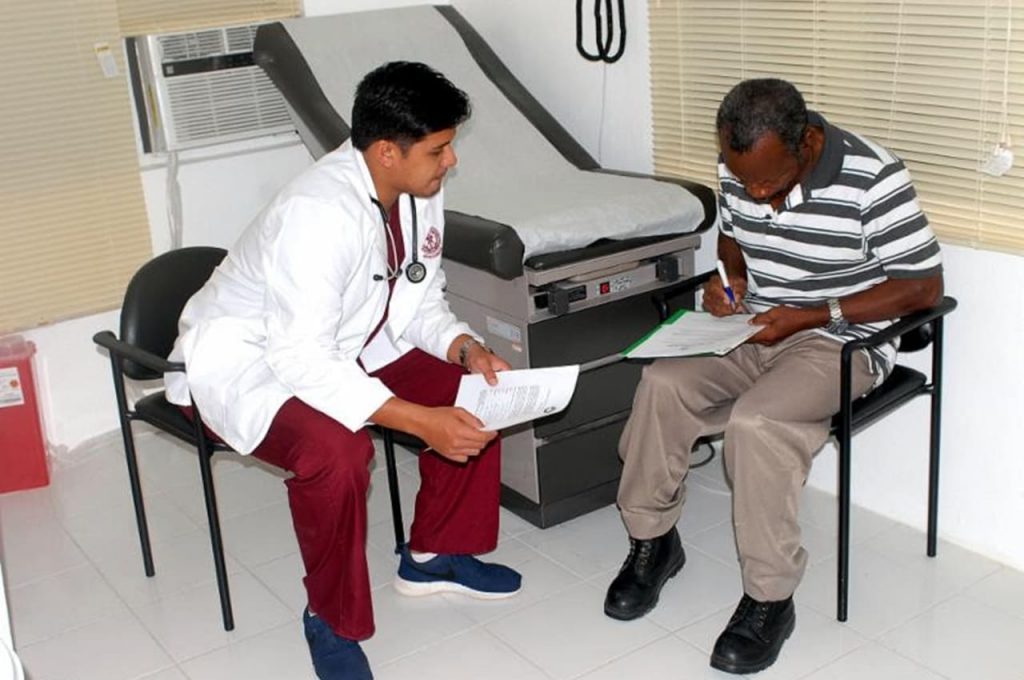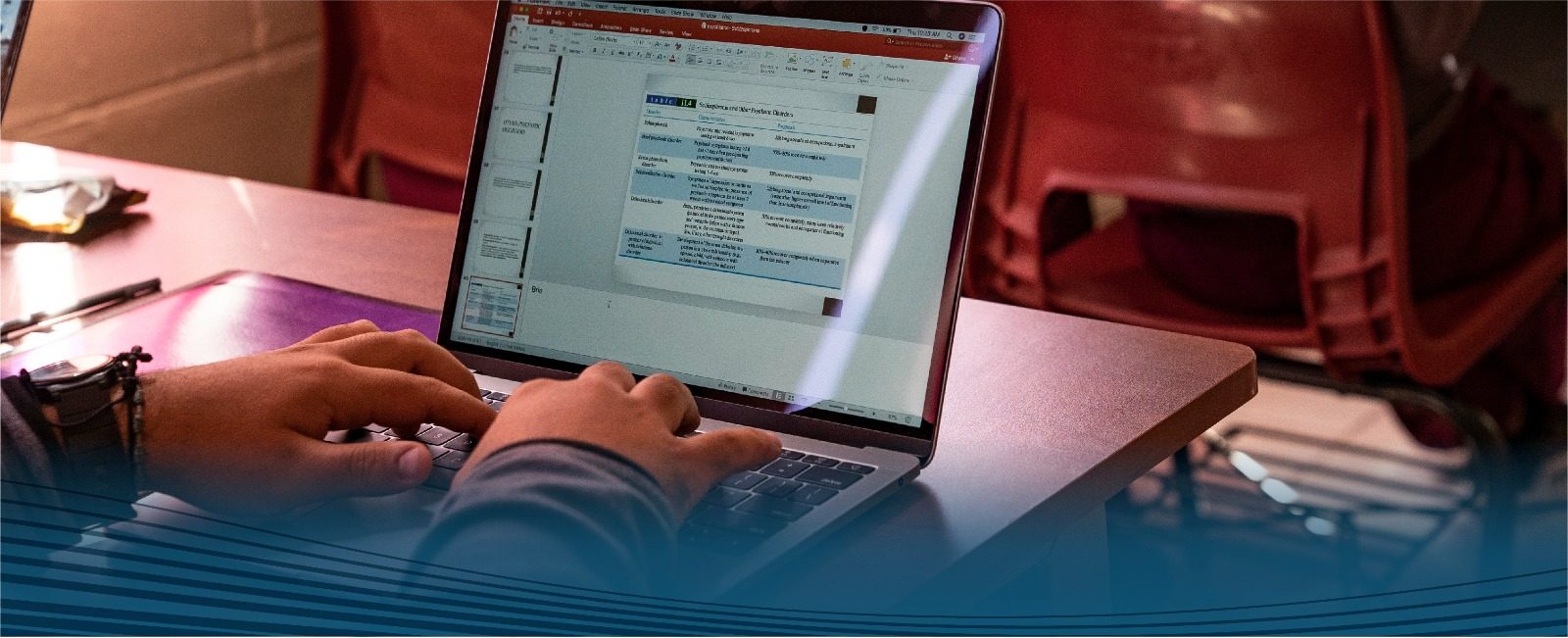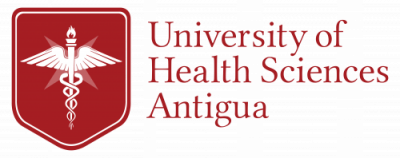Entry Requirements
Doctor of Medicine Program Requirements
Our Admissions Committee takes a holistic approach to evaluating candidates, carefully assessing both academic and non-academic attributes that indicate potential for success in medical school and the future practice of medicine. We encourage all applicants who demonstrate these qualities to submit their applications, as each individual is assessed comprehensively and given fair consideration.
Students must be fluent in English (writing, reading, speaking, and understanding).
Degree Requirement
A Bachelor’s degree or have completed a minimum of three years of study (90 semester credits) is required.
Required Coursework
To apply, applicants must have completed the following undergraduate courses:
|
Header Title
|
|
|---|---|
|
General Biology (with lab) |
8 Credits |
|
General or Inorganic Chemistry (with lab) |
8 Credits |
|
Organic Chemistry (with lab) |
8 Credits |
|
General Physics with lab |
8 Credits |
|
College-level Mathematics |
3 Credits |
|
College-level English |
6 Credits |
Applicants planning to practice in Puerto Rico must also have the following prerequisites:
|
Header Title
|
|
|---|---|
|
College-level Spanish |
6 Credits |
|
College-level English |
12 Credits (total) |
|
Behavioral and Social Sciences |
12 Credits* |
|
General Physics with lab |
8 Credits |
|
College-level Mathematics |
3 Credits |
|
College-level English |
6 Credits |
* Credits may be in Sociology, Political Sciences, Economics, Anthropology, and Psychology. Note: If you are contemplating licensure in a country outside the US, Canada, or the UK, there may be additional undergraduate requirements beyond or different from those stated above. We, therefore, recommend that students verify with the licensing board of the country where they intend to practice medicine.
Medical College Admission Test (MCAT)
Applicants from the United States applying into the 4-year MD degree program should submit their MCAT scores.
Application Requirements
- Official transcripts. Transcripts must be in English or include a word-by-word certified translation by a translating agency. Original non-translated transcripts must be sent directly to UHSA Admissions.
- Personal statement
- Two letters of recommendation, professional and academic. Letters must be in English.


Application Deadlines
There is no hard deadline by which you need to submit your application. We accept medical students on a rolling basis and review applications weekly. Please submit your application and supporting documentation as soon as possible to be considered for your desired term.
Premedical Sciences Program Requirements
Application Requirements
- High school level – Official transcripts required (High School Diploma, CXC, GCE, GED). Transcripts must be in English or include a word-by-word certified translation by a translating agency. Original non-translated transcripts must be sent directly to UHSA Admissions.
Unofficial transcripts may be uploaded to the application for review. However, official transcripts must be received for registration.
Caribbean Students
U.S. and International Students
U.S. and International Students must have earned a high school diploma with official transcripts displaying successful completion of English, Mathematics, and Chemistry with a minimum grade of C. A minimum overall GPA of 2.0 is required.
Core Personal Competencies for Entering Medical Students
The following table represents a core set of entry-level personal competencies required for success at UHSA. It is not intended to be exhaustive of all the entry-level competencies required for students to be successful in medical school:
Behaves honestly; cultivates personal and academic integrity; adheres to principles; follows rules and procedures; resists peer pressure to engage in unethical behavior and encourages others to behave in honest and ethical ways; develops and demonstrates ethical and moral reasoning.
Consistently fulfills obligations in a timely and satisfactory manner; takes responsibility for personal actions and performance.
Demonstrates a desire to help others and sensitivity to others’ needs and feelings; demonstrates a desire to alleviate others’ distress; recognizes and acts on his/her responsibilities to society, locally, nationally, and globally.
Demonstrates an awareness of others’ needs, goals, feelings, and the ways that social and behavioral cues affect people’s interactions and behaviors; adjusts behaviors appropriately in response to these cues; treats others with respect.
Sets goals for continuous improvement and for learning new concepts and skills; engages in reflective practice for improvement; solicits and responds appropriately to feedback.
Demonstrates tolerance of stressful or changing environments or situations and adapts effectively to them; is persistent, even under difficult situations; recovers from setbacks.
Demonstrates knowledge of social and cultural factors that affect interactions and behaviors; shows an appreciation and respect for multiple dimensions of diversity; recognizes and acts on the obligation to inform one’s own judgment; engages diverse and competing perspectives as a resource for learning, citizenship, and work; recognizes and appropriately addresses bias in self and others; interacts effectively with people from diverse backgrounds.
Effectively conveys information to others using spoken words and sentences; listens effectively; recognizes potential communication barriers and adjusts approach or clarifies information as needed.
Works collaboratively with others to achieve shared goals; shares information and knowledge with others, and provides feedback; puts team goals ahead of individual goals.
Technical Standards for Entering Students:
A candidate for the M.D. degree must have abilities and skills in five areas: observation, communication, motor, intellectual (conceptual, integrative, and quantitative), and behavioral and social. Technological compensation can be made feasible for some disabilities in certain of these areas, but a candidate should be able to perform in a reasonably independent manner. The use of a trained intermediary, a person trained to perform essential skills on behalf of the candidate, or a person used such that a candidate’s judgment must be mediated by someone else’s power of selection and observation, is not permitted.
- Observation: The candidate must be able to observe required demonstrations and experiments in the basic sciences, including but not limited to, anatomic dissection, microscopic studies, and patient demonstrations. A candidate must be able to observe a patient accurately at a distance and close at hand. Observation necessitates the functional use of the sense of vision, hearing, and somatic sensation.
- Communication: A candidate must be able to speak, hear, and observe patients to elicit information, describe changes in mood, activity, and posture, and perceive nonverbal communication. A candidate must be able to communicate effectively and sensitively with patients. Communication includes not only speech but also reading and writing in English. The candidate must be able to communicate effectively and efficiently in oral and written form with all members of the health care team.
- Motor: A candidate must have sufficient motor function to carry out the basic laboratory techniques and to elicit information from patients by palpation, auscultation, percussion, and other diagnostic maneuvers, perform a dissection of a human cadaver, and have sufficient motor ability to use a microscope. A candidate should be able to perform a complete physical examination (including pelvic examination); diagnostic procedures (e.g., venipuncture and basic laboratory tests) A candidate must be able to execute motor movements reasonably required to provide general care and emergency treatment to patients. Examples of treatment reasonably required of physicians are cardiopulmonary resuscitation, the administration of intravenous medication, the application of pressure to stop bleeding, the suturing of simple wounds, assisting in surgical operations, and the performance of simple, general obstetrical and gynecological procedures. Such actions require coordination of both gross and fine muscular movements, equilibrium, and functional use of the senses of touch, vision, and hearing.
- Intellectual: (Conceptual Integrative and Quantitative Abilities): Problem-solving, the critical skill demanded of physicians, requires that a candidate be able to learn, retrieve, analyze, sequence, organize, synthesize, and integrate information efficiently, and reason effectively. In addition, a candidate should possess the ability to measure and calculate accurately, perceive three-dimensional relationships, and understand the spatial relationships of structures.
- Behavioral and Social Attributes: A candidate must possess the emotional health required for full utilization of his/her intellectual abilities, the exercise of good judgment, the prompt completion of all responsibilities attendant to the diagnosis and care of patients, and the development of mature, sensitive and effective relationships with patients and their family members, staff, and colleagues. Each candidate must be able to work effectively as a member of a healthcare team. Candidates must be able to tolerate physically taxing workloads and function effectively under stress. They must be able to adapt to changing environments, display flexibility, and learn to function in the face of uncertainties inherent in the clinical problems of many patients. Compassion, integrity, concern for others, interpersonal skills, collegiality, interest, and motivation are all personal qualities that are necessary for a successful physician.

